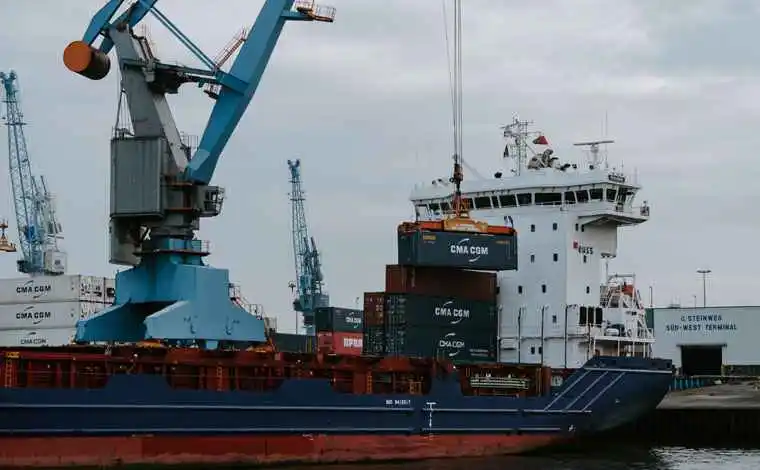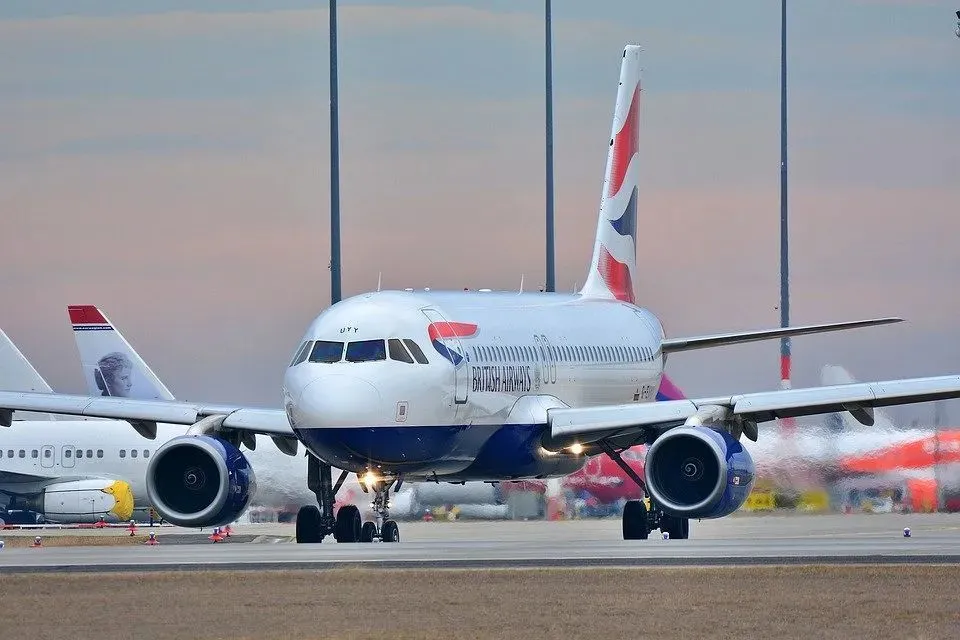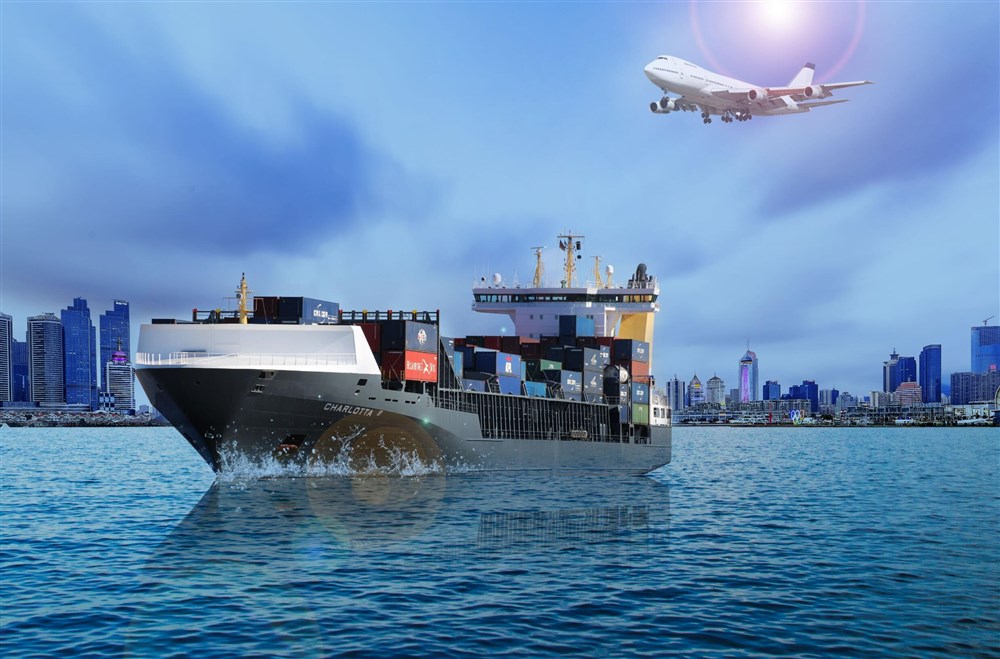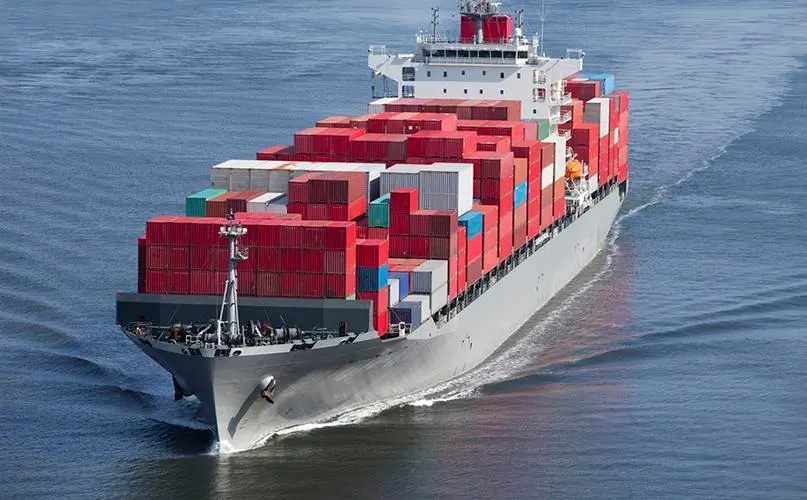How do freight companies handle trade regulations related to sea and air transportation?
Challenges and responses to trade regulations in ocean freight shipping
As the main mode of transportation for goods, compliance with trade regulations is crucial for freight shipping companies. Firstly, cargo shipping companies need to be familiar with and comply with international ocean freight shipping regulations, such as The Hague Rules, Hamburg Rules, etc. These regulations stipulate the rights and obligations of transportation contracts, as well as the division of responsibilities in the event of damage or loss of goods. Freight shipping companies need to ensure the legality and effectiveness of contract terms to reduce potential legal risks.
Secondly, the loading and unloading, warehousing and other aspects of goods are also regulated by international trade regulations, such as the Single Window System for International Trade. Freight shipping companies need to follow corresponding regulations to ensure compliance during the transportation of goods.
In addition, tariffs and import and export restrictions are also part of the trade regulations for ocean freight shipping. Cargo shipping companies need to understand trade agreements and tax regulations between countries to assist customers in planning transportation plans and reducing tariff expenditures.

Ways to respond to air freight trade regulations
In the field of air transportation, freight shipping companies also need to deal with complex trade regulations. Firstly, freight shipping companies need to pay attention to relevant regulations such as the Dangerous Goods Transport Rules issued by the International Air Transport Association to ensure that the transportation of dangerous goods complies with regulations and improve safety.
Secondly, the safety standards of the International Civil Aviation Organization also need to be remembered by cargo shipping companies. This includes multiple aspects such as cargo safety and aircraft operation safety. Freight shipping companies need to maintain consistency with international standards to ensure the smooth transportation of goods.
At the same time, air transportation also involves import and export procedures. Cargo shipping companies need to understand the customs regulations and tax policies of the destination country to provide customers with compliant services. When assisting clients in customs declaration and inspection, freight shipping companies need to ensure the accuracy and completeness of the documents and information provided to prevent customs clearance issues in the destination country.

Information Transparency and Technology Applications
To better comply with air freight and ocean freight shipping trade regulations, cargo shipping companies can use information technology to improve their management level. Establish a comprehensive and accurate information system, including a cargo tracking system, warehouse management system, etc., to ensure the full visualization of goods. In addition, cargo shipping companies can also use artificial intelligence technology to intelligently identify and manage transportation contracts and regulatory documents, improving the efficiency of regulatory compliance.

Work closely with partners
When facing challenges in trade regulations, freight shipping companies need to establish close cooperative relationships with various partners. Maintain close communication with government and industry organizations such as customs and international aviation associations, timely obtain and understand the latest regulatory changes, to ensure that the company's business activities are carried out within the scope of regulations.
Communication with customers is also crucial, and cargo shipping companies should provide detailed trade regulation consulting services to customers, helping them understand and comply with the regulations of the destination country, and reducing compliance risks during the transportation of goods. Establish partnerships with other international freight forwarding and logistics companies, share best practices for regulatory compliance, and improve the compliance level of the entire industry.

Employee training and professional knowledge updates
Finally, freight shipping companies need to focus on employee training to ensure that employees have sufficient professional knowledge to be familiar with and respond to various trade regulations. Regularly organize training and assessments to enhance employees' sensitivity to changes in trade regulations and better cope with the complex and ever-changing trade regulatory environment.
In summary, cargo shipping companies need to comprehensively understand relevant regulations, utilize information technology, work closely with partners, and focus on employee training when dealing with air freight and ocean freight shipping trade regulations, in order to ensure the safe transportation of goods and improve the company's compliance and competitiveness.




